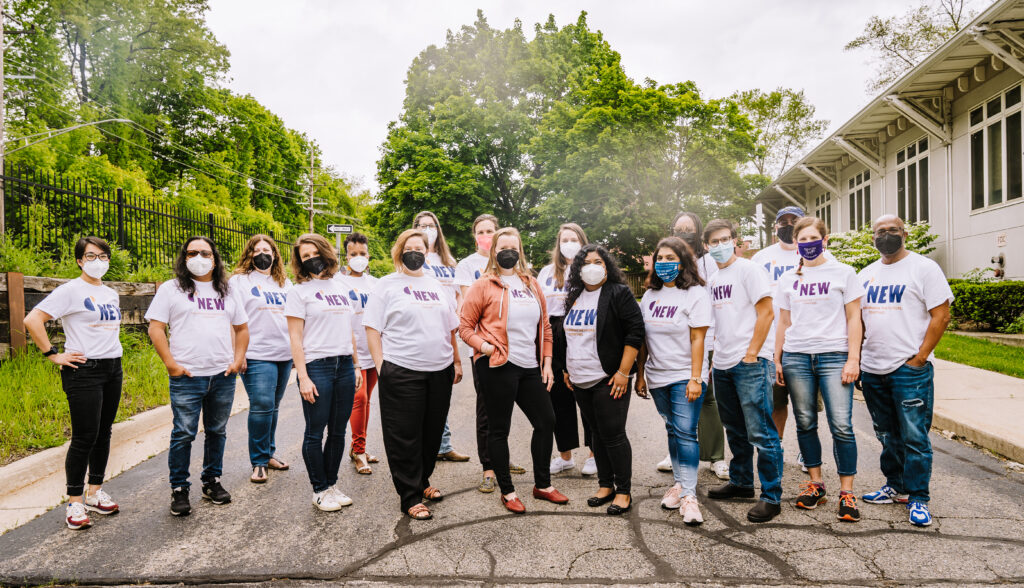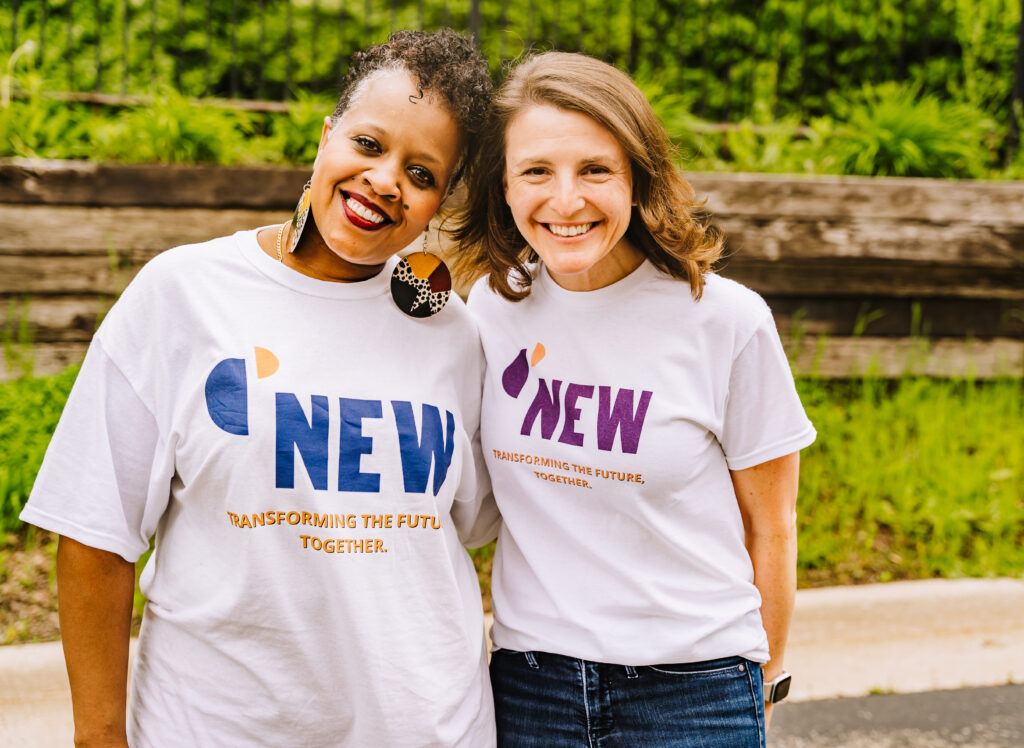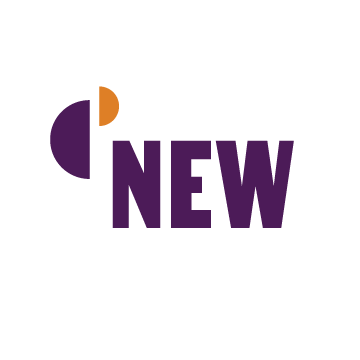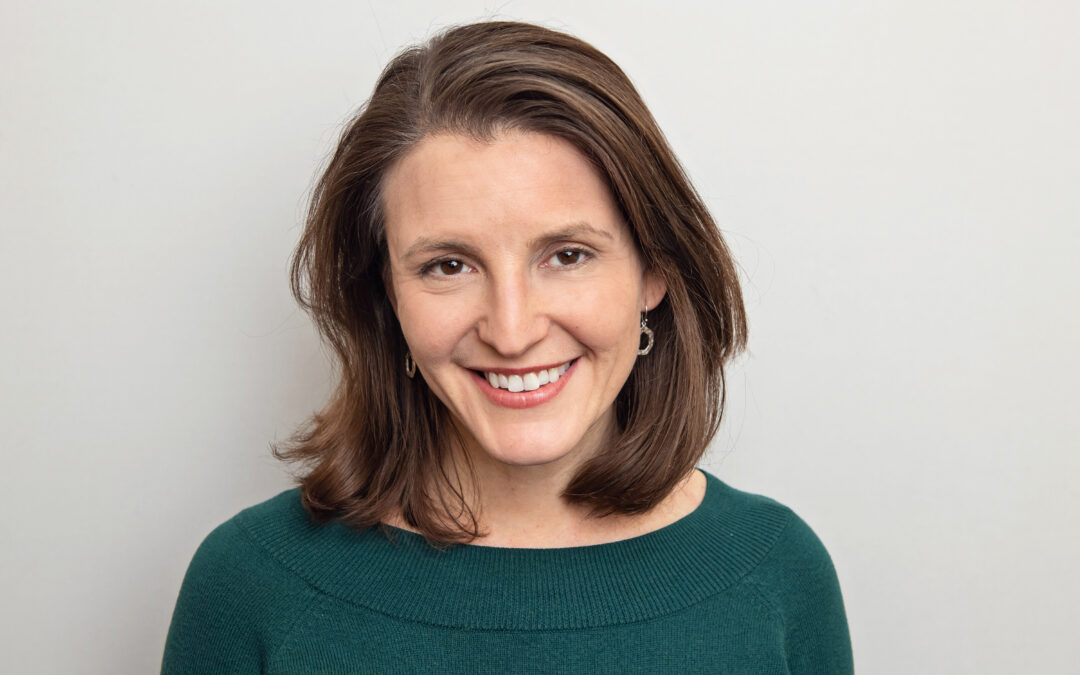With the start of NEW’s fiscal year on July 1st, I’m reflecting on “adaptation” as a word to carry us in this transition. As a team, we’ve come together to learn from our community and grow in myriad ways. By sharing our journey, we hope you find a spark that proves useful in your own work. Or perhaps it will inspire you to share the ways you’re adapting and welcoming new opportunities.
We’re excited to move into this new year with a new budget and established goals for our teams and each staff member. This may not seem like a big deal, but it’s the first time that we coupled our budgeting and goal setting processes. In previous years, we left goal setting until after budgeting and the goals were more like afterthoughts. We now believe that we need to approach these processes in tandem. Our strategies and goals (mission), and our financial decisions (margin) are connected.
On top of all that, we grounded our decisions in the feedback we received from our community. By giving these perspectives sway in our decision-making process, we center equity and inclusion.

Let me explain. Back in March, we asked folks in the NEW community to complete an online survey. * This survey asked about your engagement with NEW – what worked, what didn’t, and what impact we’d had made in people’s lives. We reviewed these survey results in aggregate and tried to make sense of the data. A couple of the lessons include:
- Communication is important to our clients and program participants. Through our programs and services, people have learned new ways to talk and to listen. They’ve brought new communication styles into their work and interactions with staff, board, and clients. People also reported that they liked when we were clear about expectations, timelines and deliverables. And some let us know that we have room for improvement in how we communicate and share information.
- People don’t know all that we had to offer. Many had come to us for one service, but hadn’t learned that we could support or come alongside them in multiple ways. We learned that folks may benefit by considering a holistic and comprehensive approach to our work with them.
We took some time to reflect on these and other lessons learned. Then, we began thinking about the year ahead. What do we want to start doing in this new year? What do we want to continue doing? And do what we want to stop? We reviewed our previous goals, our community’s feedback about our success, and then thought about how to adapt. Planning for this new year by centering your feedback allowed us to be expansive in our thinking. It’s also a big move towards accountability to our clients and program participants.

And it was a practice in internal accountability, too. We worked as teams to make the decisions about how to proceed in this new year. Every person involved in the work deserves a say in how that work takes shape. And each should have a chance to reflect on our community’s feedback and guidance. This collaborative process took time, but it was worth it. It created greater buy-in to decisions and greater understanding of how each person supports the team’s work.
Your insight was present in the budgeting process, too. We looked at the financial data from the previous year to help us make projections about the year ahead. And we used survey feedback as we made plans to invest in various programs and services.
And now, here we are – just a few days away from the start of our new fiscal year. We know what we hope to achieve, and we have plans to resource the work. We hope that our new budget and goal-setting process will help us stay accountable to both our mission and margin. And we hope it will keep us accountable to you, the community we serve. Of course, we’ll let you know how this all plays out. And we hope you’ll share how you’re adapting, too. Together, we can keep learning and growing as we go forward.
Carrie Auster Hammerman

*Thank you SO very much to those of you who weighed in! You can see our takeaways in our recently published Community Impact Report


